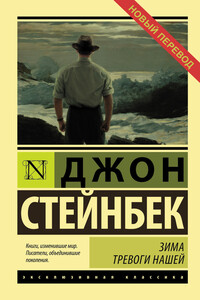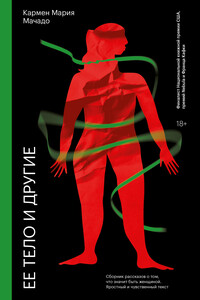Once there was a war | страница 61
There is a great fireplace in this room, a fireplace so high that a tall man can walk inside without stooping and could lie down without scrunching. The mantel over the fireplace is deep with heraldic carving. This is the lounge. On chairs procured somewhere the GIs sit and read and listen to the radio. A fine bar has been built against one wall, where Coca-Cola and pop are sold. And overhead, the arching roof of carved oak, chiseled and fitted long before America was born. And a soldier leaning back in his chair is staring fascinated at the ceiling. There is a copy of Yank in his lap. He squints his eyes and studies the ceiling. He withdraws his attention and calls, “Hey, Walter, have the Dodgers got twenty-four or twenty-five games?”
Up the broad stairway is a gallery and then the thirty rooms or so in which the guests of the couple were made comfortable, for it is probable that only five or six hundred people knew about this old scandal, including the lady’s husband. The rooms are large, and each one has its carved fireplace and its little leaded, diamond-paned window, looking dimly on the gardens. But the rooms themselves are squad rooms with the cots arranged in a line, the shoes at attention underneath, the lockers with drawn-up blouses and trousers and towels and the helmets squarely on top. The rooms are probably much cleaner than they were when the king’s mistress lived there.
Downstairs in a kind of cave is the kitchen, where an Army cook is baking square apple pies by the quarter-acre. The floor is so deeply worn that he has to step over some of the high places. His coal stove is roaring, and he has arrived at that quiet hopelessness that cooks get on finally realizing that their work is never going to be finished, that there is no way of feeding a man once for all.
The CO of the post is a first lieutenant from Texas and the second in command is a Chicago second lieutenant. They are young and stern and friendly. The job of keeping the castle in order is just a job to them.
There is no point to any of this except the change of pageantry. The place, which was built for heralds and courtiers, for soldiers in body armor, is in no way outraged by the new thing. The jeeps and armored cars, the half-tracks that came in through the gates, the helmeted soldiers on the lawn do not seem out of place. They belong here. They are probably very little different from the earlier inhabitants. Certainly the king in question would have been glad for them, because he had his international troubles too.






